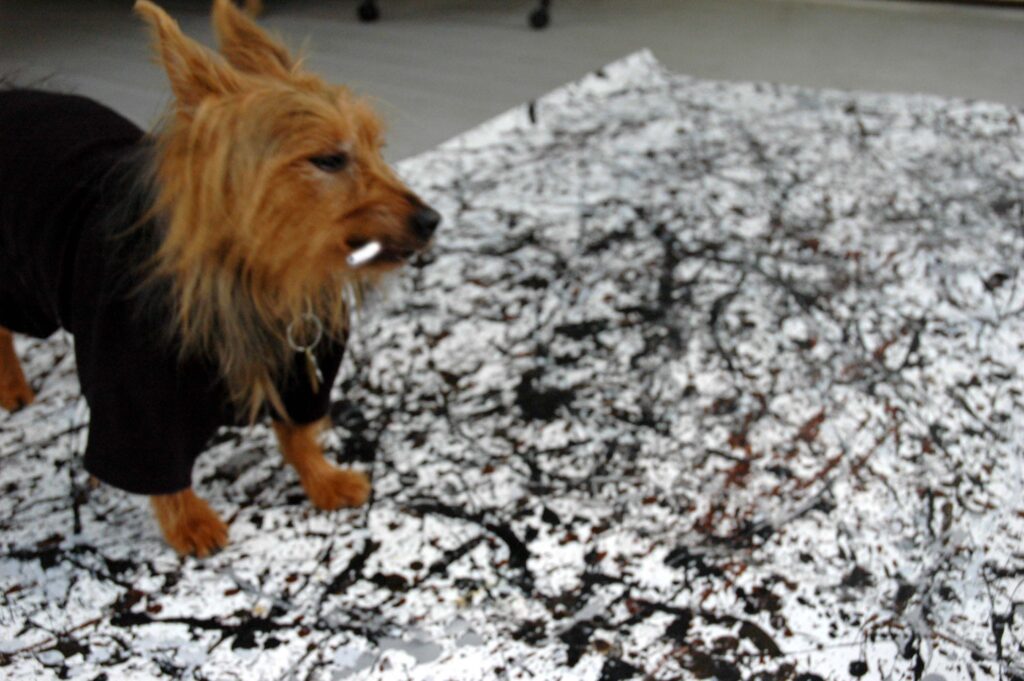
In writing this entirely sporadic account of Testing: A Personal History, links surface in various streams where I wade: Twitter (could be leaving that ‘hellscape’ soon), LinkedIn, RSS Feeds, Newspapers, even emailed suggestions from faithful fans. Several that I will not likely get around to using in the near future deserve to be seen here nonetheless. Enjoy!
- Towards an Antiracist Classroom Formative Assessment Framework
- The internet ruined homework which hurt test scores.
Let’s concede that there might be many ways in which we can learn, but let’s also stipulate that doing tasks, receiving feedback on that activity, and coaching on how to do the task more successfully the next time or how the task can connect to the next level exercise is a proven method of effective instruction. If that’s the case, then we want everyone to have the ability to do the tasks in such a way that motivates them rather than enervates them, that produces excitement rather than anxiety
Anti-IQ
Maria Konikova let’s loose in a review here of a book on her contempt for IQ: “Another, which Damasio does touch on at the end of the book, is a humbling antidote to the dual hubris with which humanity regards itself and other life-forms: the hubris of human exceptionalism across species, which presumes that our superior cognitive capacity relative to other animals automatically means superior consciousness (a hubris readily deconditioned by what we have been learning, for instance, about the complex consciousness of the far more modest-brained octopus), and the within-species hubris that treats individuals with higher cognitive capacity measured by our deeply flawed IQ metrics as superior to those with other, less computationally driven and computable forms of intelligence and sensitivity.”
- File under Strange Bedfellows: Nazis hated IQ as noted here
- Inspecting the emperor’s clothes: Evidence that random selection of leaders can enhance group performance. – PsycNET
https://psycnet.apa.org/doiLanding?doi=10.1037%2F1089-2699.2.3.168
HT Bob Sutton
- and this on how leaders are picked:
- Everyone who thinks about learning should look at this excellent article on the science of learning from errors & why it is so important to let people make mistakes. “An unwarranted reluctance to engage with errors may have held back American education HT @emollick Ethan Mollick
And more Mollick
- Ntbfl testing low stakes
And here is why the much-hated LOW STAKES TEST is actually great for learning and why you should love them now.
Sated from our Dog’s Breakfast? Good because we may skip lunch.
Comments? Suggestions? Criticism? Please send them along.
